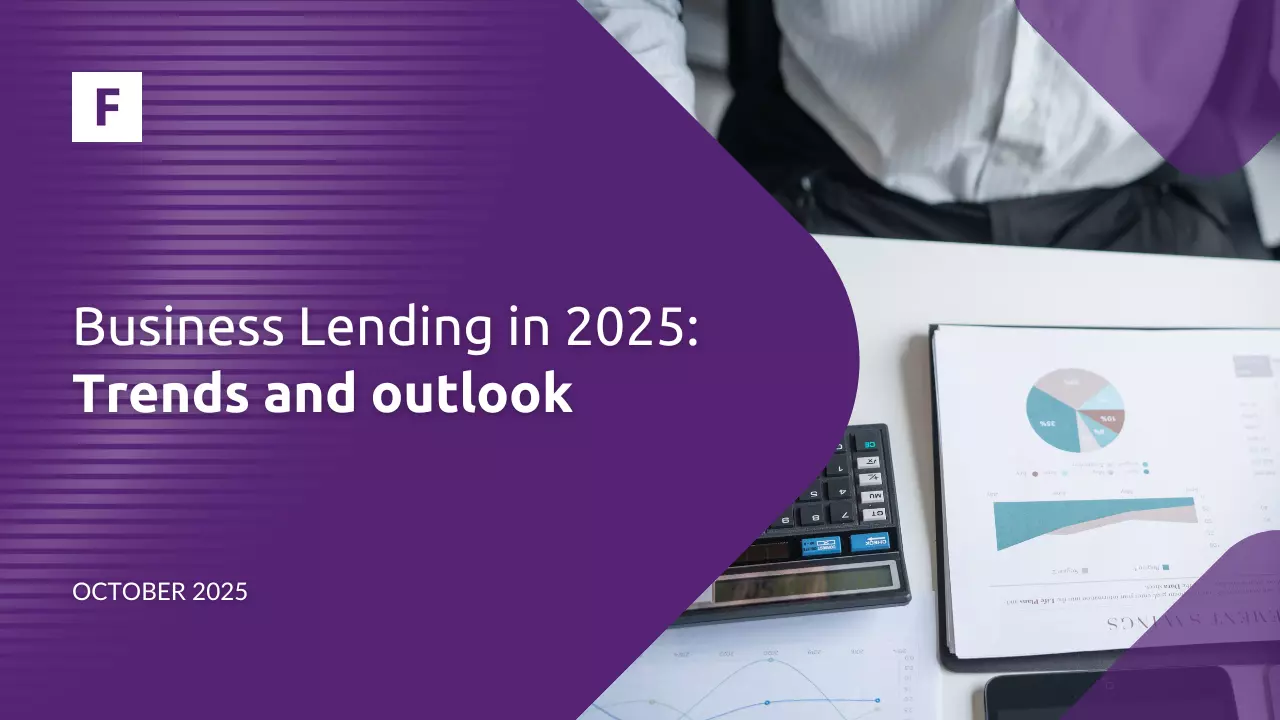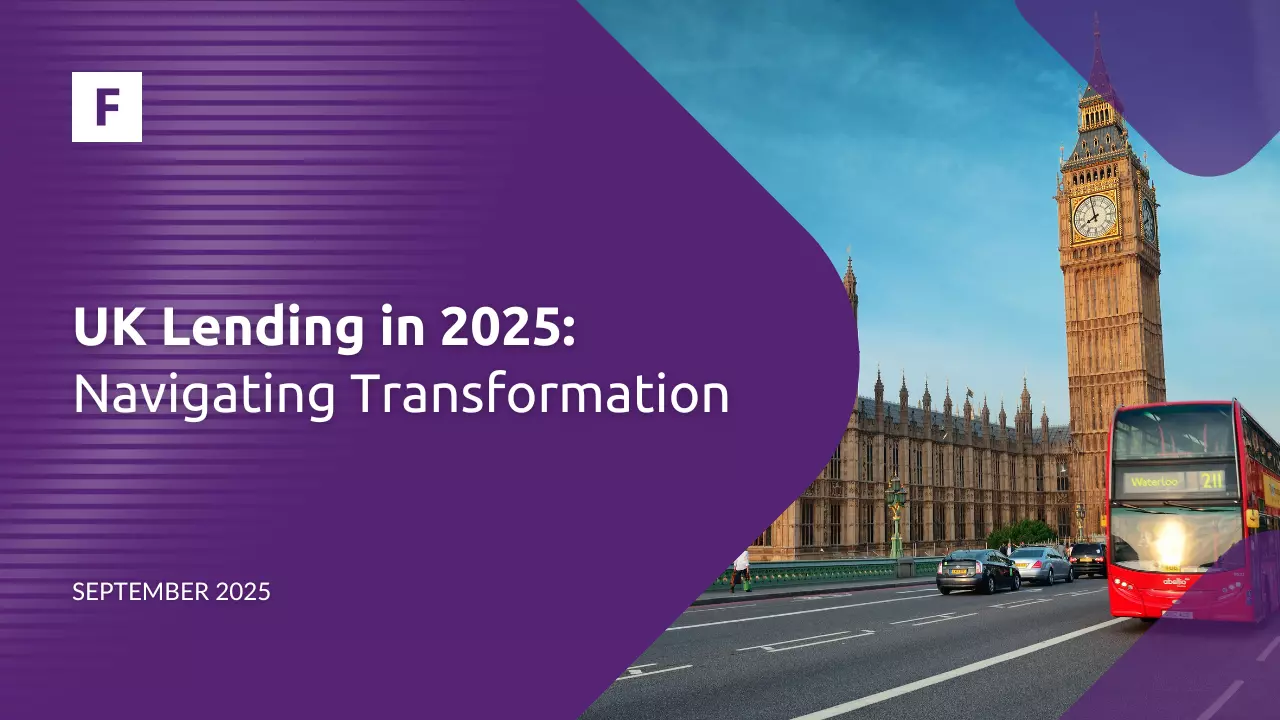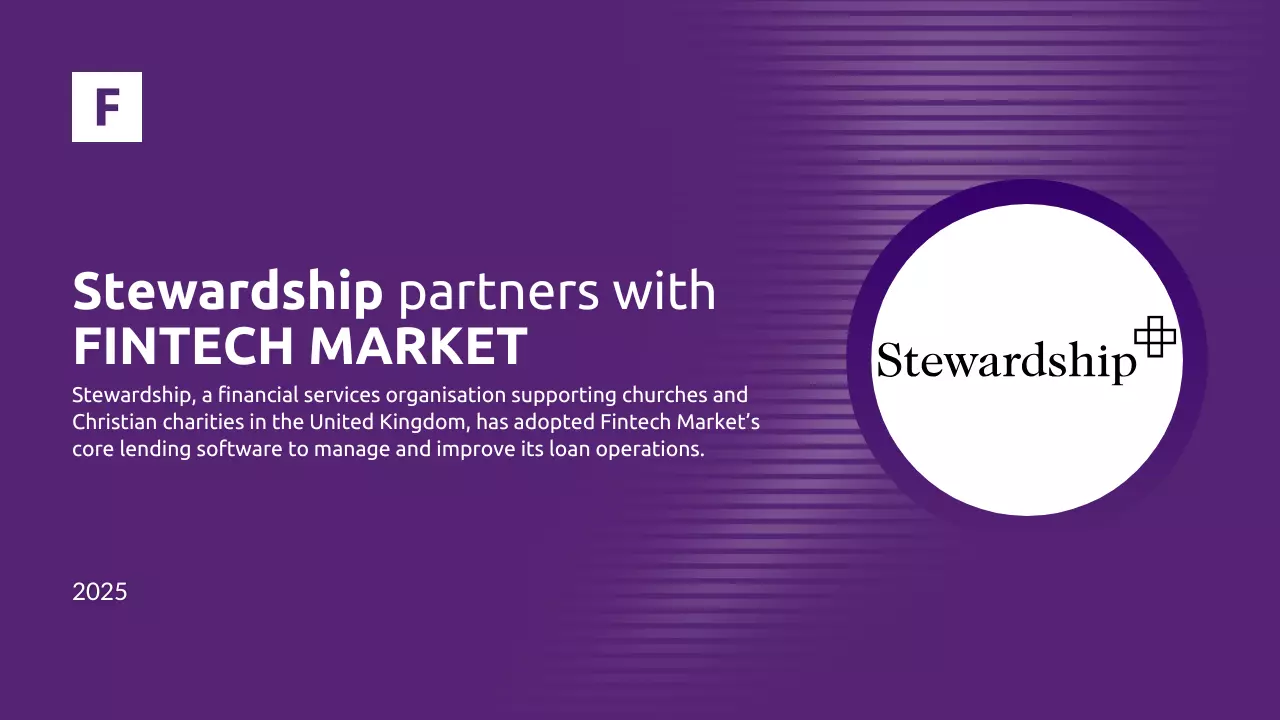Introduction
Alternative investment platforms have revolutionized the global financial landscape by democratizing capital access for both entrepreneurs and investors. This article takes a deep dive into the European crowdfunding ecosystem, bringing to light essential statistics and enlightening discoveries that illuminate the flourishing crowdfunding industry in Europe.
- Overview of alternative investment platforms.
- Global popularity of alternative investment platforms.
- Detailed exploration of the European crowdfunding landscape.
- Crowdfunding companies are partnering with lending software providers for giving lenders an additional source of capital.
Alternative Investment Platforms: an Overview
Alternative investment platforms are online marketplaces that connect investors with non-traditional investment opportunities. These platforms have transformed the investment landscape, democratizing access to asset classes that were once reserved for the wealthy or institutional investors.
Alternative investment platforms cover a wide range of asset classes, including real estate, startups, peer-to-peer lending, cryptocurrencies, and more. They offer a user-friendly interface, making it easy for investors to browse, evaluate, and invest in a diverse array of opportunities.
Global Popularity of These Platforms
The popularity of alternative investment platforms is on the rise globally. Investors are increasingly attracted to these platforms due to their potential for high returns and diversification benefits. According to p2pmarketdata.com, there are currently 510 platforms in operation worldwide. Furthermore, alternative investment platforms offer an exciting avenue for investors looking to make a positive social or environmental impact through their investments.
In the United States, alternative investment platforms have seen a surge in popularity, driven by the growth of equity crowdfunding and real estate crowdfunding. Platforms like AngelList and Fundrise have become household names, attracting an important number of investors looking for non-traditional investment opportunities.
The Crowdfunding Terrain in Europe
The crowdfunding arena is a dynamic and rapidly evolving sector of the global financial market. The European region, in particular, has seen a significant surge in crowdfunding activities, driven by the increasing popularity of alternative investment platforms. The Europe Crowd Lending and Crowd Investing Market size is expected to grow from USD 13.21 billion in 2023 to USD 14.41 billion by 2028, at a CAGR of 1.76% during the forecast period (2023-2028). The continent holds a significant position in this landscape, housing 379 of these platforms.
The United Kingdom holds a commanding position in the European crowdfunding scene, boasting a total of 59 platforms. The UK's regulatory environment, which is supportive of financial innovation, has played an important role in fostering the growth of these platforms. Investors in the UK have been attracted by the potential for high returns that are projected from 4 to 9% on average.
Talking about interest rates they can vary significantly depending on the type of investment, for example: On average, P2P lending platforms in the UK have offered interest rates ranging from 3% to 7% or even higher in some cases and Real Estate Crowdfunding interest rates can range from 5% to 10% or even more. Some British platforms from real estate crowdfunding and peer-to-peer lending are: Shojin, Proplend, Money&Co, The Money Platform, and more.
Italy is another European country that has made significant strides in the alternative investment sector. With 48 platforms, Italy has a vibrant and diverse alternative investment scene. Italian investors have shown a keen interest in peer-to-peer lending and equity crowdfunding, driven by the potential for attractive returns that range from approximately 5% to 10%, depending on the specific platform and the risk profile of the loans.
Italian alternative investment platforms have also been instrumental in driving economic growth in the country. By providing a source of funding for startups and small businesses, these platforms are supporting innovation and job creation in the Italian economy. Some of the important players in this sector include: Invest-t, Business Lending, Mamacrowd, WeAreStarting, and more.
France, with 45 platforms, has a dynamic and evolving alternative investment market. Real estate crowdfunding has been particularly successful in the country, with several platforms offering investors the opportunity to invest in property projects across the country. French alternative investment platforms have also been at the forefront of the trend towards socially responsible investing, with several platforms offering investments in renewable energy projects and socially responsible businesses. Peer-to-peer lending and startup investing are the most popular categories in the country with platforms like: myOptions, Solylend, Tudigo, Proximea, and more.
Crowdfunding in Europe can be segmented into various categories, each with its unique statistics:
- Peer-to-peer lending: This segment has 161 platforms in the EU, with a minimum investment threshold of just €1. Leading this space is Mintos (Latvia), having facilitated approximately €9 billion in funding. Other significant players include Peerberry (Czech Republic) with €2 billion and Opyn (Italy) with €1.7 billion in funding.
- Real estate crowdfunding: This thriving segment has 131 platforms in the EU. The minimum investment required is just £1. Noteworthy platforms include Estateguru (Estonia) with €742 million in funding, Kuflink (UK) with £279 million, and CapitalRise (UK) with £204 million.
- Startup investing: This sector comprises 77 platforms in the EU. With a minimum investment threshold of €1, these platforms cater to a diverse pool of investors. Italy stands out with 19 platforms, featuring players like Hensoo, 200crowd, and Activant. ## A Closer Look Into The Baltic Countries
The Baltic region, comprising Estonia, Latvia, and Lithuania, has emerged as a burgeoning hub for alternative investment platforms in Europe. With a total of 44 platforms, making up 12% of the EU's total. The Baltics are a testament to the rapid growth and popularity of crowdfunding in the region. The success of the crowdfunding market in the Baltics can be attributed to several factors, including a solid digital infrastructure, a conducive regulatory environment, and a culture of innovation and entrepreneurship.
Estonia stands out as the leader in the Baltic crowdfunding scene, boasting an impressive 26 platforms. This small nation is renowned for its digital-first approach to governance and business, making it a fertile ground for the growth of digital platforms, including crowdfunding. Explore here some of the Estonian platforms: Income Marketplace, Swaper, IUVO Group, Bondora, Monestro, Reinvest24, and more.
Latvia and Lithuania, with 7 and 11 platforms respectively, are also making their mark in the crowdfunding arena. These countries have embraced digital innovation, creating a conducive environment for the growth of alternative investment platforms.
In Latvia, peer-to-peer lending platforms have gained significant popularity, providing an alternative source of personal and business financing. Meanwhile, Lithuania has seen the growth of equity crowdfunding platforms, offering investors the opportunity to take an equity stake in Lithuanian startups. Explore some of the Latvian and Lithuanian platforms: Twino, Debitum, Mintos, Lande, Heavy Finance, Letsinvest, NEO Finance and more.
Current Trends and Future Outlook
The reward-based crowdfunding market is witnessing interesting trends:
The European crowdfunding market is characterized by a wide range of niche platforms catering to specific investment interests. Equity crowdfunding, in particular, is on the rise, offering investors an opportunity to take ownership stakes in startups and small businesses.
Several factors are driving the growth of reward-based crowdfunding in Europe. The increasing legitimacy of crowdfunding, coupled with its accessibility and the role of social media in promoting crowdfunding campaigns, has contributed to its growth. The response to the pandemic has also played a significant role, as businesses turned to crowdfunding to weather the financial storm.
Looking ahead, the future of crowdfunding in Europe looks promising. Mobile crowdfunding apps are gaining popularity, offering investors the convenience of investing on the go. The gig economy and freelance work are also expected to fuel the growth of crowdfunding, as more individuals turn to crowdfunding to finance their projects. Additionally, the trend towards impact investing and market consolidation is likely to shape the future of the European crowdfunding market.
The integration of crowdfunding platforms into lending management systems is another notable trend in the European crowdfunding landscape. This integration allows for a more streamlined and efficient management of crowdfunding campaigns, enhancing the overall user experience for both investors and fundraisers. At Fintech Market, we’ve been partnering with different crowdfunding platforms, our Loan Management System allows the possibility to integrate these services to your company (Explore our partners), along with our risk management solution, Decision Engine.
Conclusion
The European crowdfunding landscape is a vibrant and dynamic space, characterized by innovation, growth, and an ever-evolving array of investment opportunities. As we continue to navigate the digital age, crowdfunding is poised to play an increasingly significant role in the world of finance.
For more similar insights, and more information about our lending software, check out these blogs:
- Unleashing the Power of No-Code Technology
- Enhance Microfinance Services with FTM Solution
- All You Need to Know About Loan Management Systems
About Fintech Market
Fintech Market (FTM) works in the lending software market, offering a comprehensive no-code loan management system for financial service institutions. The platform covers loans, deposits, current accounts, and investments and includes essential features like CRM, KYC, risk management, and debt management. FTM serves neobanks, SME loan providers, car leasing businesses, and buy-now-pay-later providers in the EU, Mexico, and Indonesia, providing tailored solutions to optimize their operations.







